One of our missions here at Bene by Nina is to provide easily accessible wellness resources. In a perfect world, where and how you grew up wouldn’t determine your ability to embrace wellness. Your skin color should never make you apprehensive about seeking a therapist, trying a new yoga class, or integrating a new breathing technique into your daily routine. Unfortunately, wellness is not always as inclusive as we dream it to be.
As we work daily towards a more inclusive wellness space, we celebrate a few individuals we greatly admire who are also committed to making wellness resources more accessible to all. They remind us daily that, regardless of race, culture, gender or creed, we are all worthy of wellness.
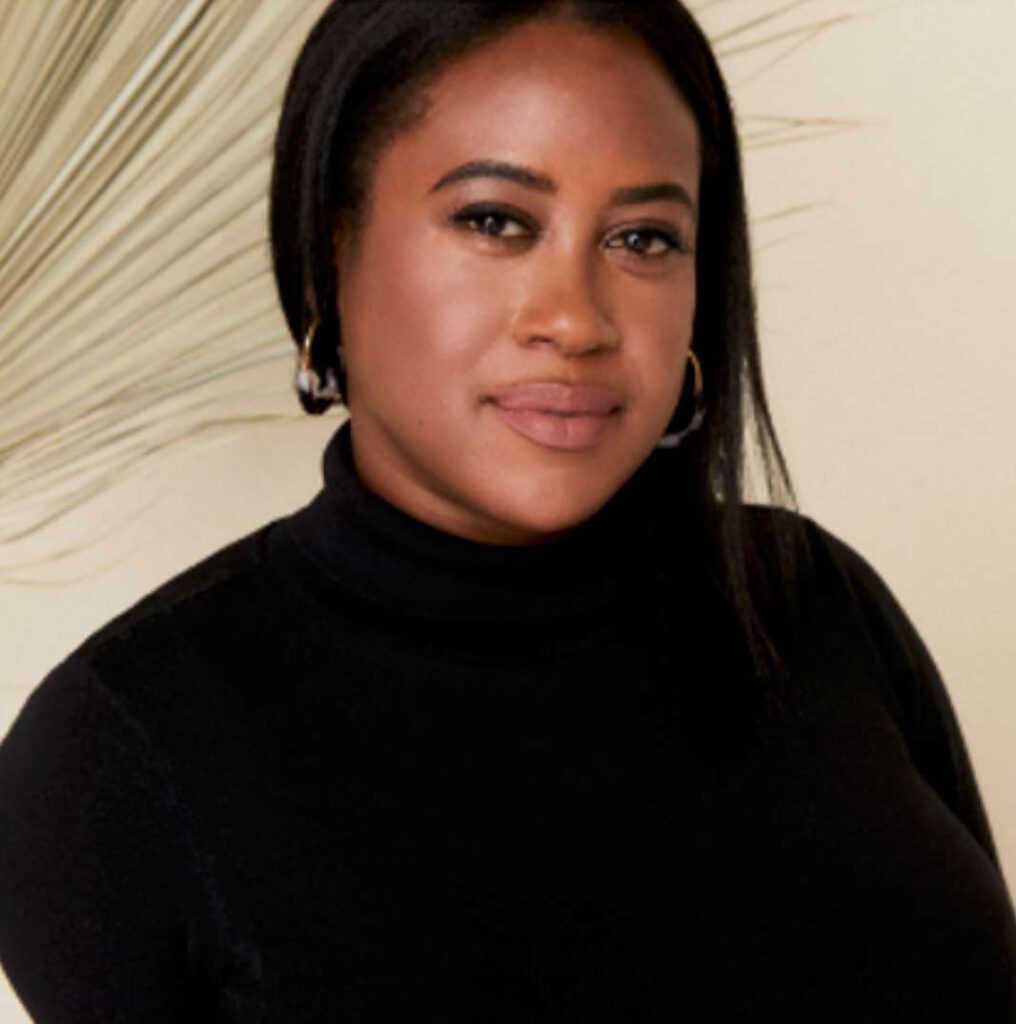
Reiki, meditation, and breathwork practitioner Maryam Ajayi studies energy exchanges and flow. As a businesswoman, she’s interested in the exchange and flow of money. Ajayi consults with leaders of conscious commerce organizations—founders, CEOs, directors—in sessions that approach business growth as personal growth and vice versa. Sessions involve energy healing and spiritual connection. With Ajayi, clients work through what a successful venture looks like for them with rational, tangible guidelines to take their company and their own well-being to the next level.
The youngest black woman to launch at Sephora, Trinity Mouzon Wofford founded Golde, a brand that merges tried-and-true plant tonics and bright, modern design. Golde makes turmeric-coconut ingestible and chlorella-spirulina face masks. Wofford believes the pursuit of wellness should feel less like an obligation and more like a good hug.
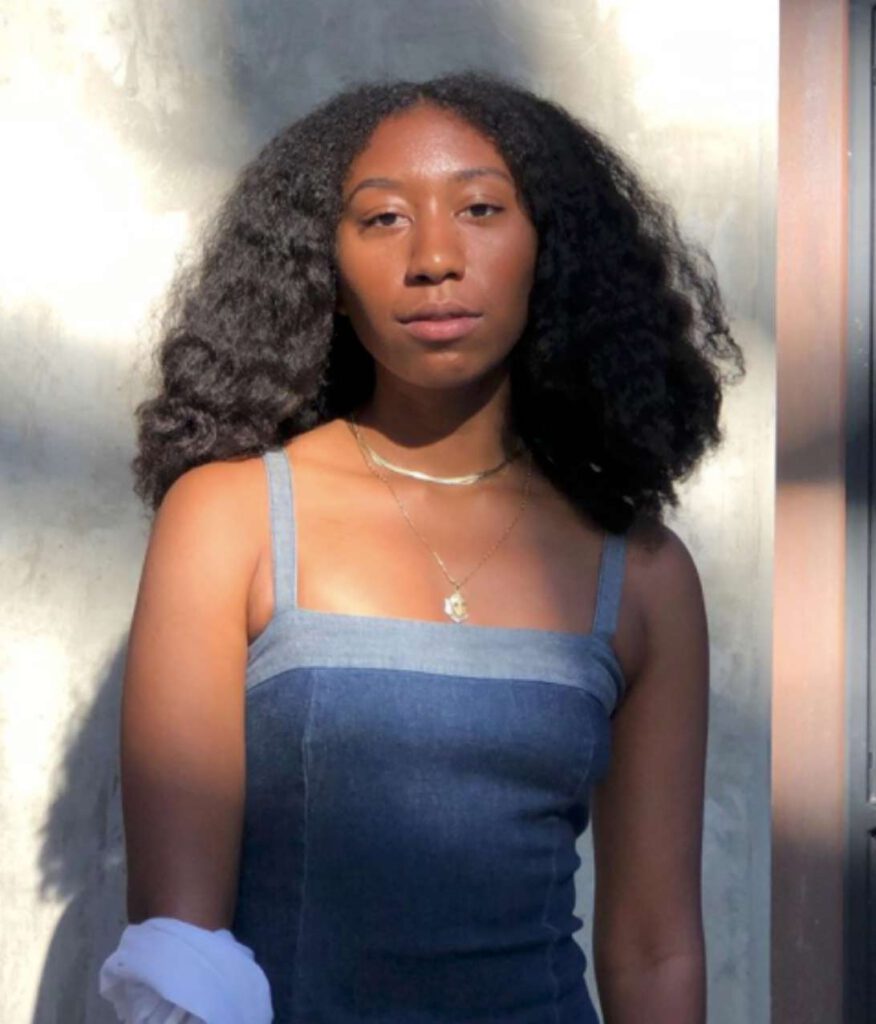
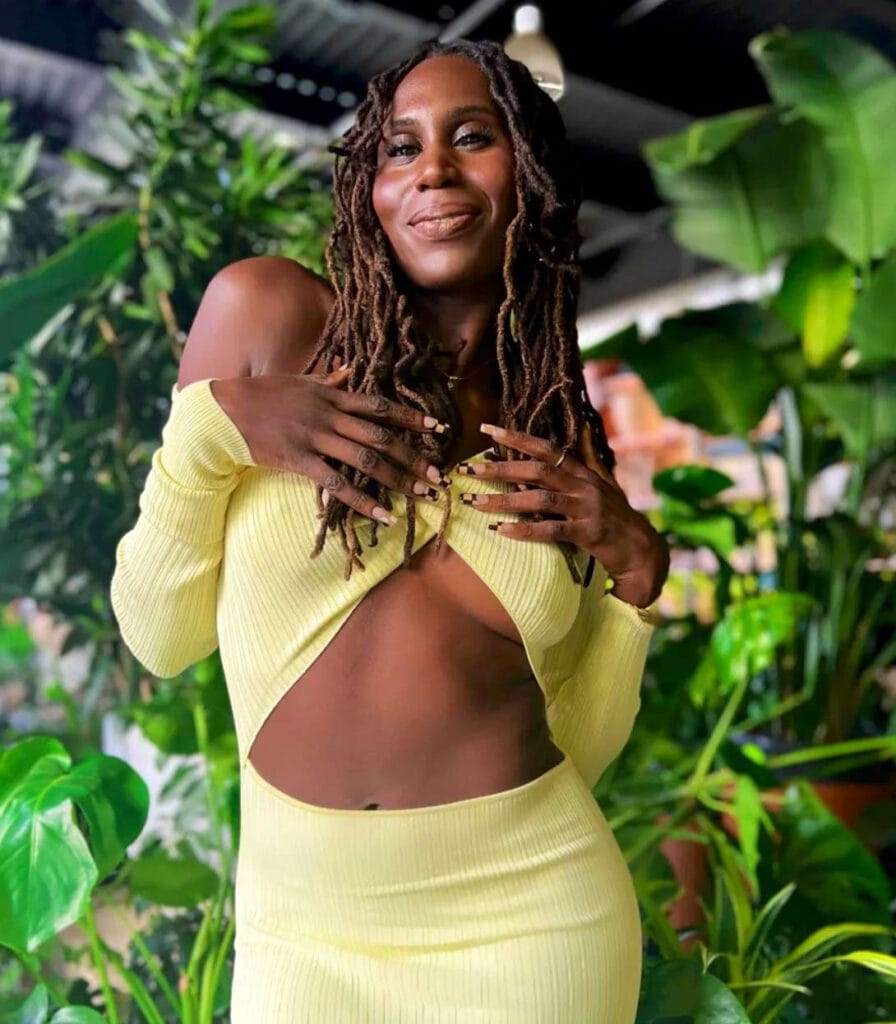
Pro Hoe, founded by Penda N’diaye, is a brand that focuses on sexual liberation in Black and Brown communities with an emphasis on sexual exploration and unlearning shame. N’diaye was so inspired by her community over the last four years that she decided to create a sex toy company to reflect the boldness, curiosity, and playfulness that women deserve.
When Rivera joined a Buddhist mindfulness community specifically for people of color, sangha, his practice developed into something deeper, safer, and more connected. Riviera attributed the difference to the people he practiced with; here was a community he could relate to, people who knew similar struggles and shared history. With the rarity and inaccessibility of POC-centered sangha, Riviera founded Liberate: a virtual sangha reached through an app. Buddhist teachers deliver talks and guided meditations specifically for black, indigenous, Latinx, and POC communities, covering subjects like resilience against microaggressions and Buddhist perspectives on racism.
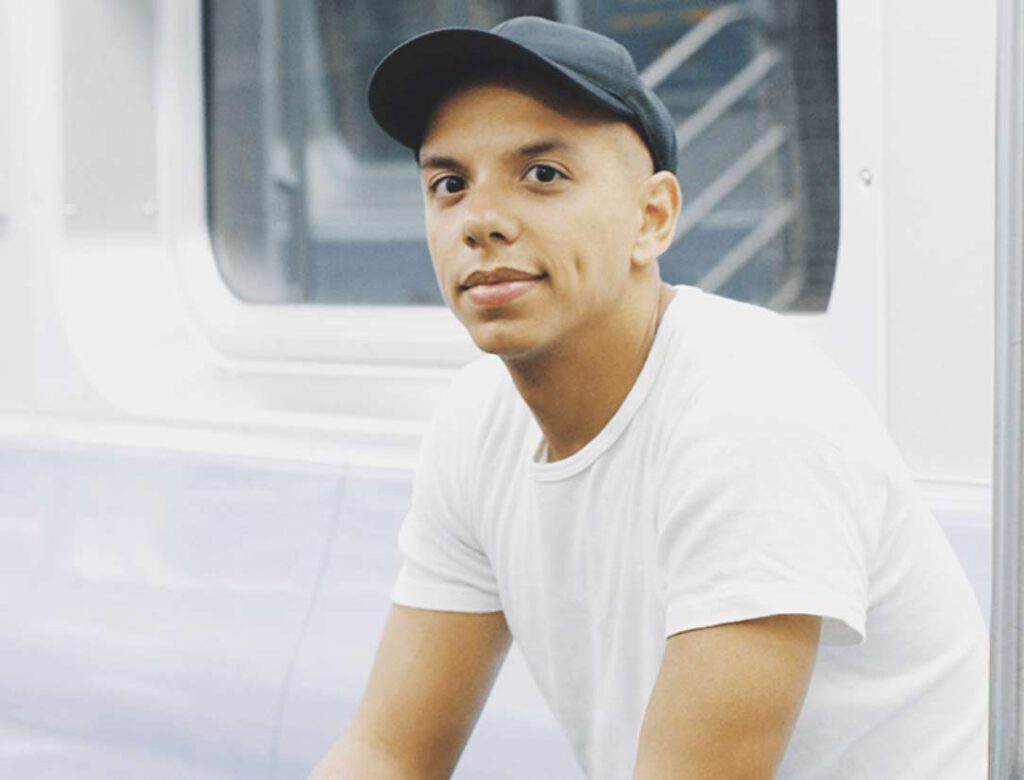
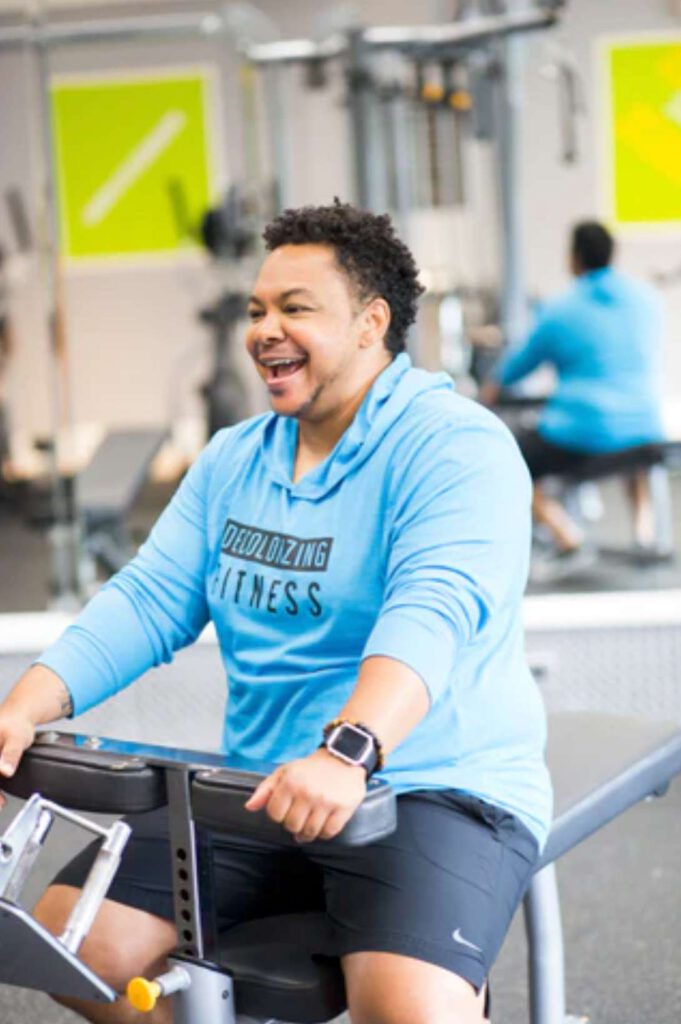
Decolonizing Fitness, founded by Ilya Parker and her late friend Big J Forseca, is a platform that provides affirming and affordable personal training, wellness resources, and apparel in support of all bodies. Parker and Forseca met during one of Big J’s frequent hospital stays when Parker was his physical therapist assistant. The two quickly bonded over shared experiences. Both trans people of color living in the rural south, requiring medical care for chronic conditions, Parker and Foresca identified a missing niche. Parker and Foresca imagined a future where the most vulnerable people were liberated and what they could look like. Decolonizing Fitness as a practice is about providing a supportive environment to individuals who have historically not felt welcomed in fitness spaces i.e., Black people, people with larger bodies, people with disabilities, people with chronic pain, people over the age of 65, and people who are part of the LGBTQIA+ community.
